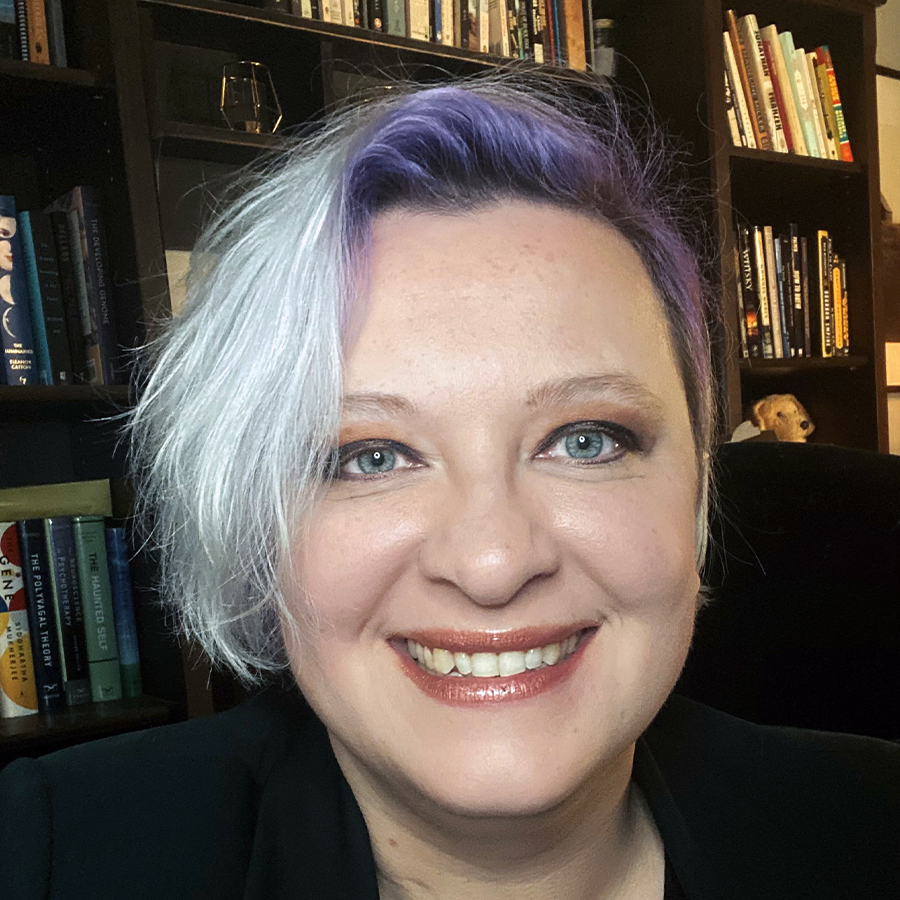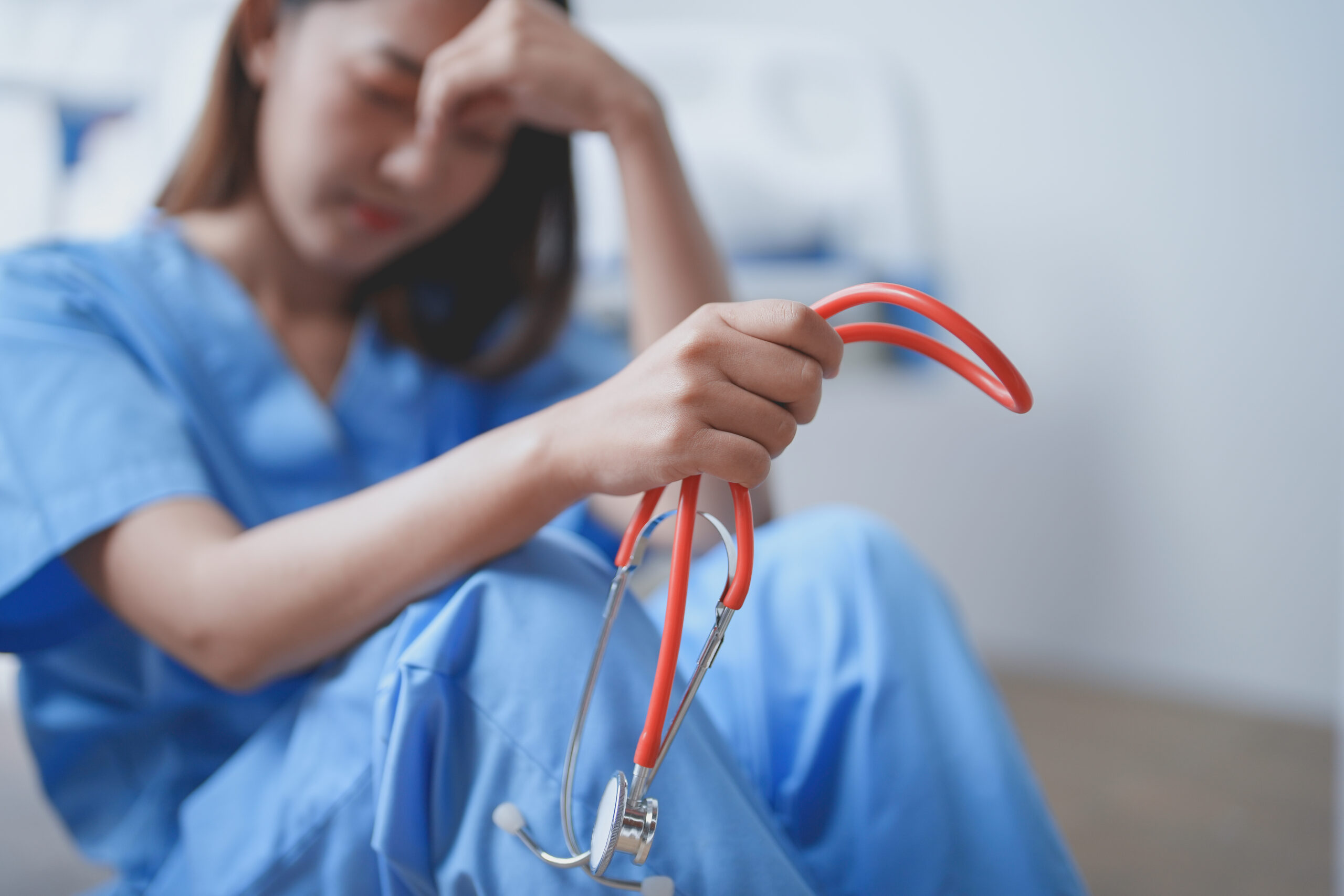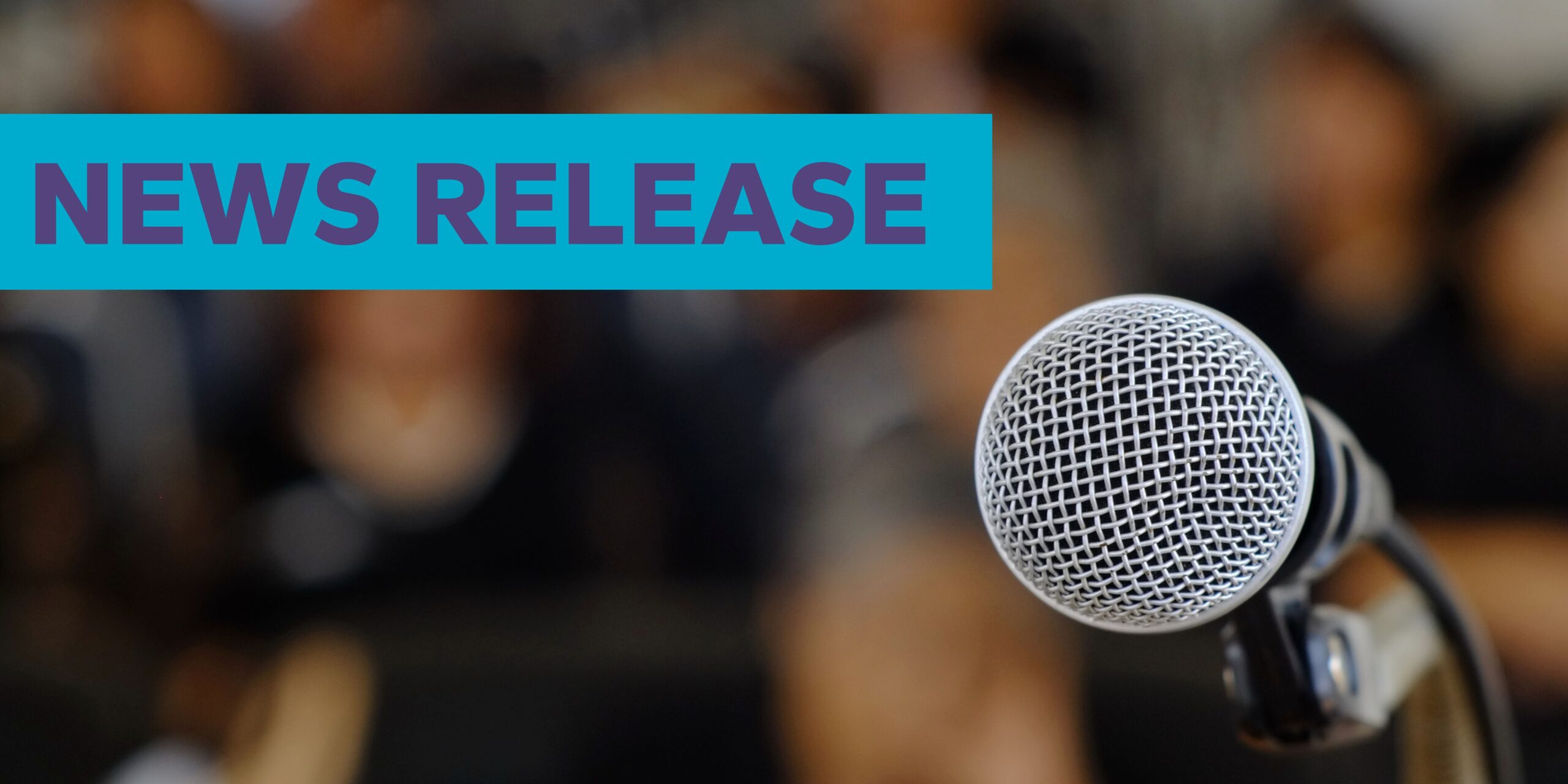The results of the CIHR’s Spring 2022 Project Grant Competition have just been announced. CHÉOS Scientists are leading three of the projects funded in this round, plus a further eleven projects are supported by CHÉOS Scientists as co-investigators.

Efforts to reduce deaths during the current fentanyl poisoning crisis have largely been developed in urban areas and are less suited to semi-urban and rural areas. CHÉOS Associate Director Dr. Amy Salmon is co-leading a project to empower family members of people who use drugs in the Fraser East region of B.C. with the information, skills, and connections necessary to prevent isolation and using alone. The project will use a patient-oriented, community-based, participatory research approach to design and implement an intervention to foster resilience in the community. Co-investigators include CHÉOS Scientists Drs. Bohdan Nosyk and Amanda Slaunwhite, and Research Associate Velma Mockett.

People who go to correctional facilities have higher rates of overdose, substance use, mental illness and sexually transmitted and blood-borne infections. In 2017, the responsibility for delivering health care in B.C.’s provincial correctional centres was transferred from the Ministry of Justice to the Provincial Health Services Authority (PHSA). Co-led by CHÉOS Scientists Drs. Amanda Slaunwhite and Christian Schütz, this project aims to determine whether the change in management of health care improved the health of people who have been in B.C.’s provincial correctional centres. This project is critical to national and international efforts to reform the delivery of health care services for people who experience incarceration.

People who use drugs are more likely to discharge themselves from hospital when their doctor tells them they require ongoing hospital care, termed ‘discharge against medical advice’. Led by CHÉOS Scientist Dr. John Staples, this project will use hospitalization data from B.C. to examine whether people are more likely to overdose after discharge against medical advice. Overdose risks in the days after discharge against medical advice aren’t well understood because they haven’t been studied before, and these results will help doctors and public health officials design programs to prevent overdose and potentially save lives. Co-investigators include Dr. Amanda Slaunwhite.
CHÉOS Scientists Drs. Skye Barbic and Joseph Puyat are co-investigators on a project that aims to monitor pandemic-era youth mental health and well-being, identify early life risk and protective factors related to mental health outcomes in youth, and inform development of strategies to improve youth mental health and well-being during COVID-19 recovery.
CHÉOS Scientist and colorectal surgeon Dr. Carl Brown is a co-investigator on a prospective cohort study to understand the role that treatment side effects play in quality of life after rectal cancer treatment, an area for which there is very little high-quality data and where patients are currently left to manage symptoms through trial and error.
CHÉOS Scientist and anesthesiologist Dr. Alana Flexman is a co-investigator on a pilot randomized trial to determine whether a larger trial is necessary to understand if general or spinal anesthesia during surgery to the legs is more effective, leads to better outcomes, and is more acceptable to patients.
CHÉOS Scientist and emergency physician Dr. Oron Frenkel is a co-investigator on a study to determine whether streamlined analysis of point-of-care ultrasound videos using machine learning can improve detection, and therefore timeliness of clinical intervention, for aortic stenosis, the most prevalent and deadly valvular heart disease in Canada.
CHÉOS Scientist Dr. Mark Harrison is a co-investigator on a project to understand how to best integrate tools to optimize the frequency of blood testing into health care processes by engaging health care providers and patients and describing their experience with these efforts.
CHÉOS Scientist Dr. Bohdan Nosyk is a co-investigator on a project investigating the impacts of B.C.’s Safer Supply policy on a broad range of opioid-related behaviours and health outcomes, including opioid and opioid agonist therapy prescribing, information-seeking behaviours, and overdoses.
CHÉOS Scientists Drs. Eugenia Oviedo-Joekes and Martin Schechter are co-investigators on the Cedar Project, a study designed by and for Indigenous people who use drugs and focuses on the potential for land-based approaches that promote wellness to support young Indigenous people who use drugs out of the triple threat of overdose, COVID-19, and racism.
CHÉOS Program Head of Clinical Trials Dr. Joel Singer is co-investigator on a randomized, double-blind, placebo-controlled trial to test the effectiveness of a ‘snot transplant’ — sinonasal microbiota transfer — in eliminating sinus pathogens and restoring the sinus microbiota to a healthy state in people with chronic sinusitis, a common inflammatory condition of the sinuses.
CHÉOS Scientist and general internist Dr. John Staples is a co-investigator on a project to assess the implementation of the Canadian Syncope Pathway, a risk tool used in Canadian emergency departments to determine the treatment pathway for patients presenting with syncope (fainting) with the ultimate aim of reducing hospitalizations and improving patient safety.
CHÉOS Scientist and Program Head of Health Services and Outcomes Dr. Jason Sutherland is a co-investigator on a project that will adapt a tool used to individualize care for a person’s needs based on a “biopsychosocial” model of medical care in people living with rheumatoid arthritis.
CHÉOS Scientist Dr. Karen Tran is a co-investigator on a study to develop a tool that can be used by clinicians to help them identify women with pre-eclampsia (a hypertensive disorder affecting 3–5% of pregnancies) who will have serious cardiovascular problems during pregnancy or within the first 12 weeks after delivery.



